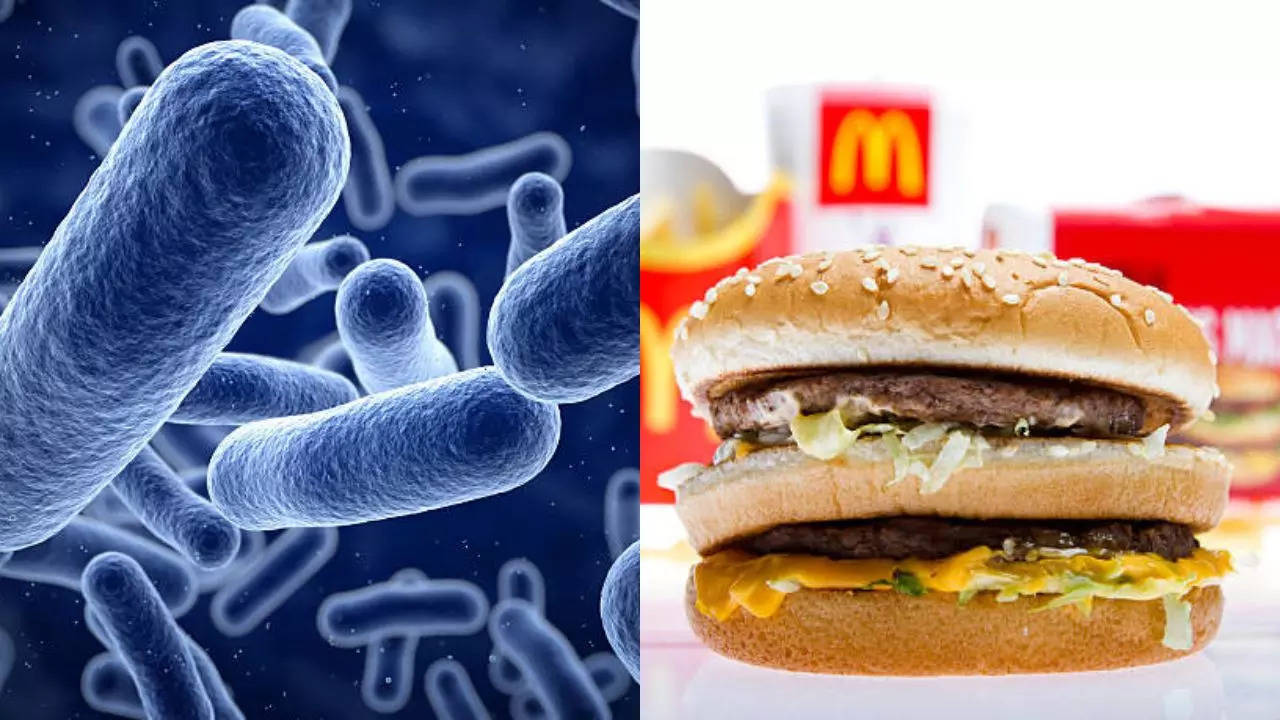A major E. coli outbreak in the US has sickened almost 100 people and killed one person – serving as a reminder that even fresh foods can be contaminated by bacteria – so eating out needs to be done with a lot of care. According to food safety experts, you must totally avoid particular raw fruits and vegetables like sprouts, bagged salad greens, and cantaloupe.
How does E. coli infection spread with fresh food? Even though the investigation into the McDonald’s E. coli outbreak is ongoing – as federal officials suspect slivered onions are likely to be the source behind the episode – for all those who specialize in foodborne illness prevention, it is not surprising.
Experts say when a particular food item is handled and processed - from the farm to restaurant or grocery store – it undergoes various temperature changes which make it prone to bacteria growth. How to reduce the production of bacterial on fresh foods? According to experts, apart from avoiding packed greens and fresh vegetables – you must also have a proper look at the condition of the food that is on display. Any leafy vegetable that has torn or damaged leaves - just throw it away because that is how the bacteria can get in it.
Also, make sure to wash and dry the veggies once you get them home. Never buy cut fruits as they become a common breeding ground for pathogens - especially if they are left sitting out for long. What is E.
coli? E. coli is a group of bacteria that can cause infections in your g.


















